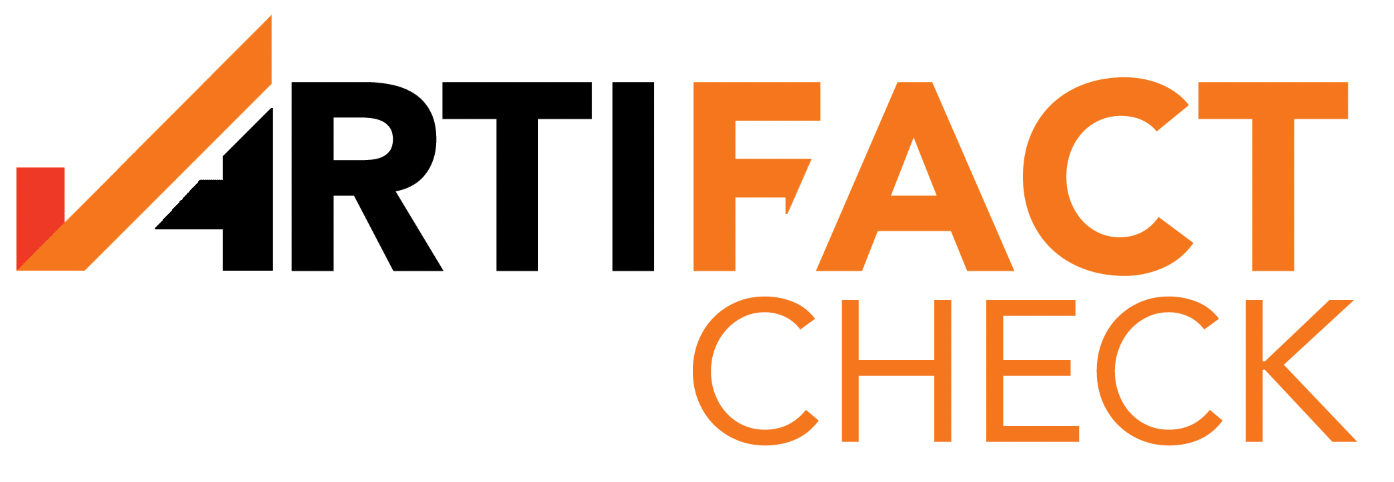I imagine you are here because you received an error from the artifact check from your user input. Don’t feel like this is detention or you did anything wrong! We are here to help!
To get a great response from Artifact Check, a user must enter a form of text (expanding to other forms of media in upcoming versions). Regarding the exact form, we made the pathing of artifact check as simple as three different outcomes:
- Artifact Check: A properly written statement that generates a report following our fact checking methodology
- Artifact Conversion: A properly written question that generates 3 possible statements to get us to a desired outcome from #1 Artifact Check.
- Artifact Failure: This includes attempting to go out of bounds of the methodology established, explicit or a statement that would breach code of conduct or terms of service, inaccessible hyperlink, or attempting to access something outside of the knowledge cutoff date of April 2024.
Do’s and Dont’s
- Do: Essays with a particular stance
- Do: Factual or potentially factual statement
- Do: Ask a question that is based in a scientific or scholarly setting or scenario.
- For example: Is the earth flat?
- Don’t: Any explicit message or asking Artifact Check to do something that would break Terms of Service
- Asking about our methodology
- Asking to leave or change the methodology
- Outside of our knowledge cutoff April 2024
- Attempt to exceed limits (Character limits; this would have to enforced outside of the system prompt)
- Don’t: Use generic opinions
- For example: I like big butts and I cannot lie (Non-fact statement – Song lyrics)
Now that you understand the basics, there are two main paths a user may take:
- For example: I like big butts and I cannot lie (Non-fact statement – Song lyrics)
One is having a statement, article, or essay ready to check. Simply populate to receive your artifact check.
The other is starting research on a topic or asking a question. Let’s try the below example:
“”give me facts about the pyramids””
The results are:
“OPTION A”: “The Great Pyramid of Giza was built as a tomb for the Pharaoh Khufu around 2560 BCE and originally stood 146.5 meters (481 feet) tall.”
“OPTION B”: “The ancient Egyptians built smooth, flat sides on the pyramids by filling the outer surface with limestone blocks cut to shape.”,
“OPTION C”: “Pyramids were built in ancient Egypt for over 2,700 years, from the beginning of the Old Kingdom to the close of the Ptolemaic period.”
Now you could take one of those options and start checking and gathering resources on your journey.
But what happens if you change your input a bit? Let’s add a bit of detail:
“give me facts about the pyramids focused around typical day to day life of an egyptian as well statistics on how they created the pyramids”
Let’s look at the results again:
“OPTION A”: “The ancient Egyptians who built the pyramids lived in a bustling worker’s village, enjoying a diet rich in bread, beer, and fish, while working in organized teams of 20,000 laborers for 20 years to complete the Great Pyramid of Giza.”
“OPTION B”: “During the construction of the pyramids, ancient Egyptian workers used copper chisels, bronze saws, wooden rollers and sleds, ramps, and levers to move and place the 2.3 million stone blocks, each weighing an average of 2.5 tons.”
“OPTION C”: “The builders of the pyramids were skilled laborers who worked for 3-month shifts, received payment in the form of food and drink, and lived in a nearby workers’ village with organized housing, hospitals, and cemeteries.”
Now you have 3 separate statements you can choose from to artifact check and each generating specific resources for each statement!
Happy Fact Checking!
![]()










0 Comments